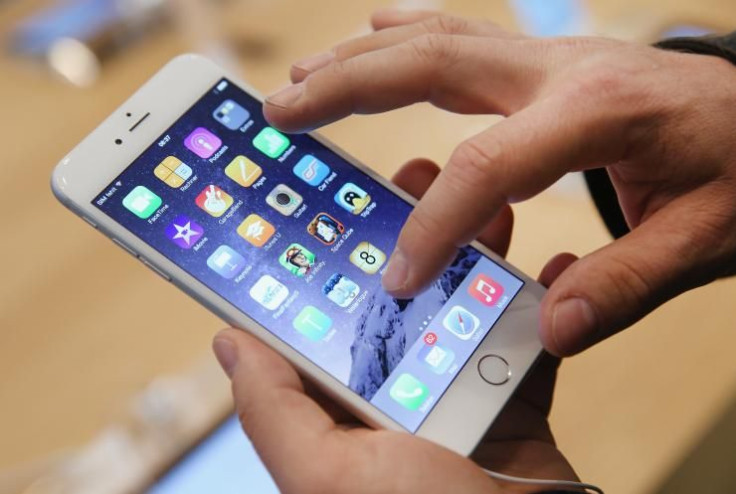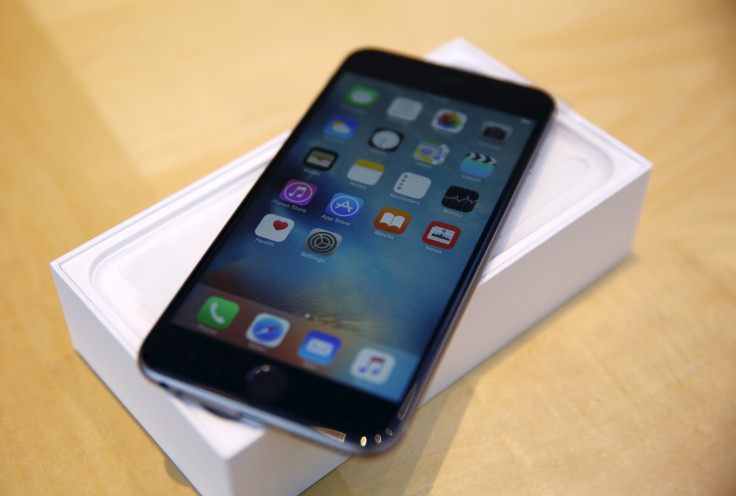AG William Barr, FBI Urge Apple To Unlock Pensacola Shooter's iPhone

KEY POINTS
- FBI requested access to shooter's iPhone, which Apple had refused
- DOJ has slammed Apple over denying access to its iPhones
- Apple has denied claims that it wasn't helpful in the probe
Apple’s encryption policies have come at odds with law enforcement officials once again. Attorney General William Barr and the FBI are urging the company to provide them with access to two iPhones belonging to Mohammed Saeed Alshamrani, a Saudi aviation student who killed three people and injured eight others in a terrorist attack at the Naval Air Station, Pensacola in December.
The AG has also declared the shooting as an act of terrorism.
Law enforcement officials have approached Apple to get access to Alshamrani’s iPhones. While the company has granted them access to his iCloud account, it has refused to comply with the FBI demand to unlock the devices. The Department of Justice wants to access not only to his iCloud but also content on apps such as WhatsApp and Signal, to determine whether his actions were individual or group-based. While both phones were damaged in the attacks, the law enforcement agency as able to get them operational but were not able to unlock them.
Apple fears that if it grants such access to the FBI, it could set a precedent for law enforcement asking for unbound access to iPhone data.
Barr has accused Apple of not giving the FBI “any substantive assistance.”
“This situation perfectly illustrates why it is critical that investigators be able to get access to digital evidence once they have obtained a court order based on probable cause," he said. "We call on Apple and other technology companies to help us find a solution so that we can better protect the lives of Americans and prevent future attacks," he added.
It is a complex situation for Apple – while the law enforcement agencies term the backdoor access as a matter of public safety, the company has built its reputation for protecting consumers’ safety. For now, it is standing its ground and not granting access.
According to the civil rights group American Civil Liberties Union (ACLU), where the government granted such access, it may endanger the safety of millions of iPhones.
“Strong encryption enables religious minorities facing genocide, like the Uyghurs in China, and journalists investigating powerful drug cartels in Mexico, to communicate safely with each other, knowledgeable sources, and the outside world," ACLU Surveillance and Cybersecurity Counsel Jennifer Granick’s take on the matter are entirely different.
The situation mirrors what happened in the 2015 San Bernardino attack. In that case, too, law enforcement agencies asked for access but when refused by Apple, the used an Israeli firm to hack into the shooter’s iPhone.
However, this time, a similar endeavor will be an uphill task, simply because Apple has strengthened its encryption even more and marketed its phones as ones take prioritize consumers’ privacy.
It will be interesting to see how the latest battle between privacy and security pans out.

© Copyright IBTimes 2025. All rights reserved.



















